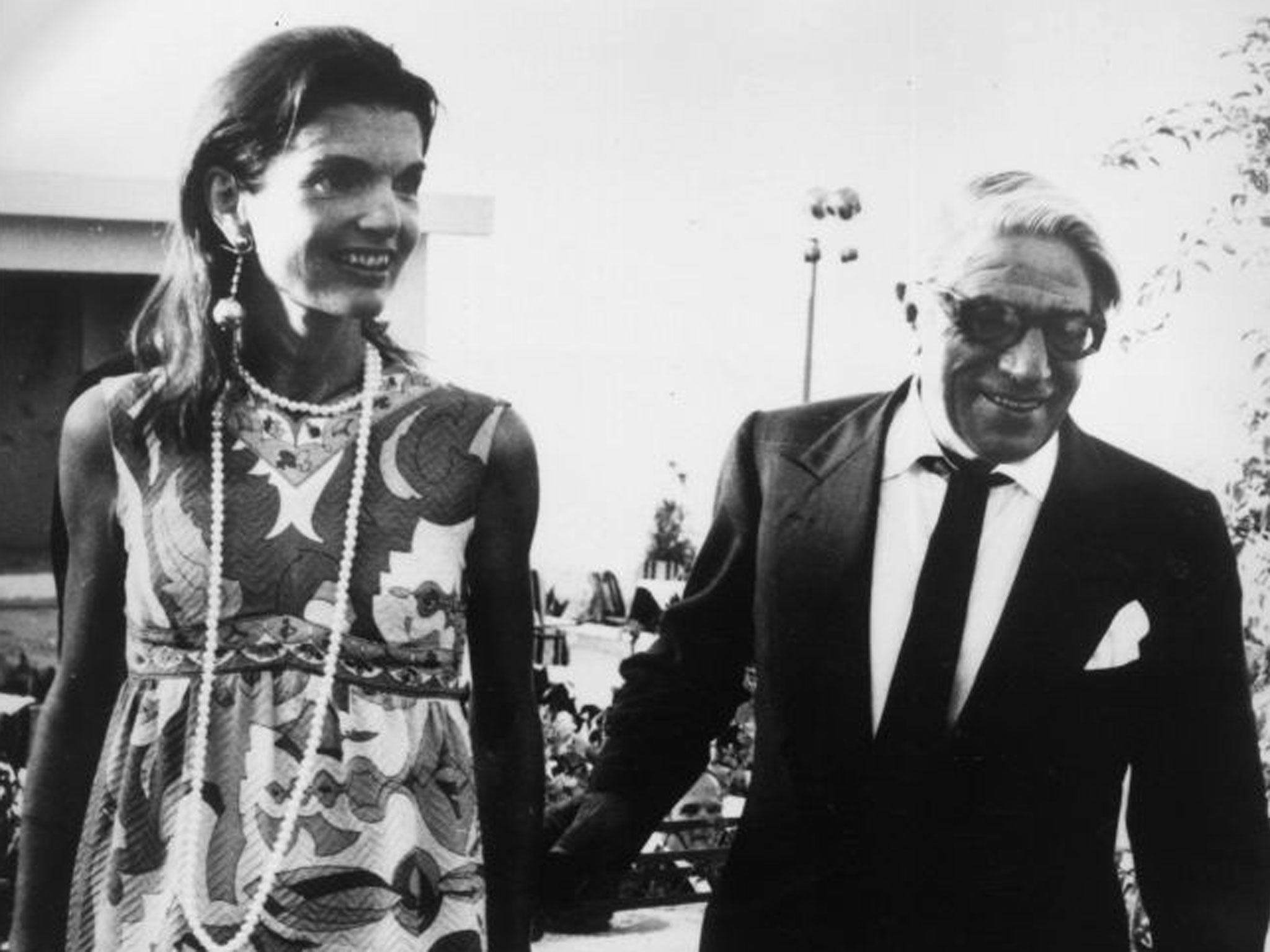The Independent's journalism is supported by our readers. When you purchase through links on our site, we may earn commission.
They were all addicts... of the folding stuff
People under the prolonged influence of too much money tend to behave in ways that would cause them to shudder in other circumstances

Your support helps us to tell the story
From reproductive rights to climate change to Big Tech, The Independent is on the ground when the story is developing. Whether it's investigating the financials of Elon Musk's pro-Trump PAC or producing our latest documentary, 'The A Word', which shines a light on the American women fighting for reproductive rights, we know how important it is to parse out the facts from the messaging.
At such a critical moment in US history, we need reporters on the ground. Your donation allows us to keep sending journalists to speak to both sides of the story.
The Independent is trusted by Americans across the entire political spectrum. And unlike many other quality news outlets, we choose not to lock Americans out of our reporting and analysis with paywalls. We believe quality journalism should be available to everyone, paid for by those who can afford it.
Your support makes all the difference.As Tolstoy famously wrote at the opening of Anna Karenina “All happy families resemble one another; every unhappy family is unhappy in its own way”, which I suppose is another way of saying that one never knows what goes on behind closed doors. And this is probably why I lack the moral certitude that allowed the Prime Minister to declare in favour of Team Nigella.
The verdict reached; there have been no winners; just a lot of prurient detail. However, it was not so much the consumption or otherwise of narcotics, the "shouty" or otherwise nature of an unhappy marriage that held my attention; I find it hard to work up too much indignation or partisan "team" feeling about this sort of thing. It is just sad. However – and sorry to be vulgar – the sheer volume of money, and the unfettered manner it sloshed around the household and washed through the credit cards has been mesmerising.
It is an oft-stated modern-truism that the new international superclass is rendering the educated bourgeoisie, to which Nigella once belonged, extinct; and in Crown vs Grillo we can see the inexorable Darwinian laws of financial selection at work. Except that of course you have made the Faustian pact that relieves you of the need to make a selection: when faced with a choice of cashmere knitwear and unsure about colour and style, you order them all.
For those with the means to access life's VIP zone there is nothing unusual in five-figure flower bills and learning that one of your staff has sent an SOS from St Tropez concerned that her credit card will not be able to take the strain of daily cab and clubbing expenses.
Money, especially in the quantities that Saatchi and Lawson were using it, can be highly addictive, its users becoming rapidly habituated to ever increasing amounts. In this context it was decided that the Grillos were not manipulative swindlers but just a couple of girls from Calabria who adapted to life in a household where taxis seem to have been on permanent standby and where credit-card expenditure of hundreds of thousands went unscrutinised.
Money, like alcohol or cocaine, is a dangerous intoxicant, it makes people do things that would cause them to shudder under other circumstances. And when the Saatchi/Lawson financial/emotional rollercoaster derailed; actions taken under the influence of money looked, at the very least, embarrassing when examined in court and held up to the unflattering light of public opinion.
To view married life as a golden cage, as Nigella is, a trifle unoriginally, reported to have said, is tragic. But most of us are prisoners of our circumstances and the habits of "prison" life become ingrained. While she has broken free from her damaged marriage, it remains to be seen if Nigella can, or indeed wants to, escape from the superclass way of life: the secure, gated community in which she has lived for so many years.
Her choice of consoling intellectual dinner companion during the trial, Sir Salman Rushdie, a rich person's idea of a clever person, reminds me of an account given by Cecil Beaton of a cruise along the Cote d'Azur that he took with some rich American friends. Having sailed to St Tropez to buy dresses (presumably in every colour) they "sailed for Portofino, ... to entertain 'some intellectuals', the Berlins and Maurice Bowra", much as if they were just a different class of shopping.

I included this vignette in a book I have just written about the jet set between 1956 and 1973, a period when only a very few people had money, and things like yachts and private planes were far rarer than they are today. The distance of time has lent the lives of Onassis, Niarchos, Agnelli et al with their beautiful yachts, their beautiful art and their beautiful wives a picturesque patina of graciousness. It was an era of flamboyance for the few, for instance Gloria Guinness, widely accepted as the most tasteful woman of her time – you might even say a domestic goddess – is said to have furnished her husband's plane with Louis XVI furniture at a time when even scheduled air travel was an elite pastime. But the bars on the golden cage were just as strong then as they are now, as Cecil Beaton observed when he described Gloria as "rising above all difficulties and making the best of her soul-destroying life, married to one of the richest, but most selfish of men".
The Mephistophelean nature of a transaction that traded soul for material abundance was also apparent to Noël Coward, who went for a cruise on Niarchos's yacht, the Creole, in the 1950s. "The Niarchoses are kind and hospitable, but curiously remote, particularly Stavros ... Everyone is terrified of him, and the staff cringes and trembles with tears at his frown. To me he is charming, but his Napoleonic quality forbids intimacy and he flies into tantrums easily." The playwright and actor enjoyed the "super-luxe, air-conditioned cabin", and the "white-coated Italian stewards fluttering around me like moths" but did not envy the Niarchoses. It almost sounds as if he pitied them. "The life of the very rich is not for me," he wrote in his diary, "although it is enjoyable to observe at close quarters for a brief spell, it is strangely deadening to the heart."
And the revelations that came out of Isleworth Crown Court reminded us that life can look very empty, even when it appears to have everything in it.
Nicholas Foulkes is the author of 'Swans, Legends of the Jet Society'
Join our commenting forum
Join thought-provoking conversations, follow other Independent readers and see their replies
Comments